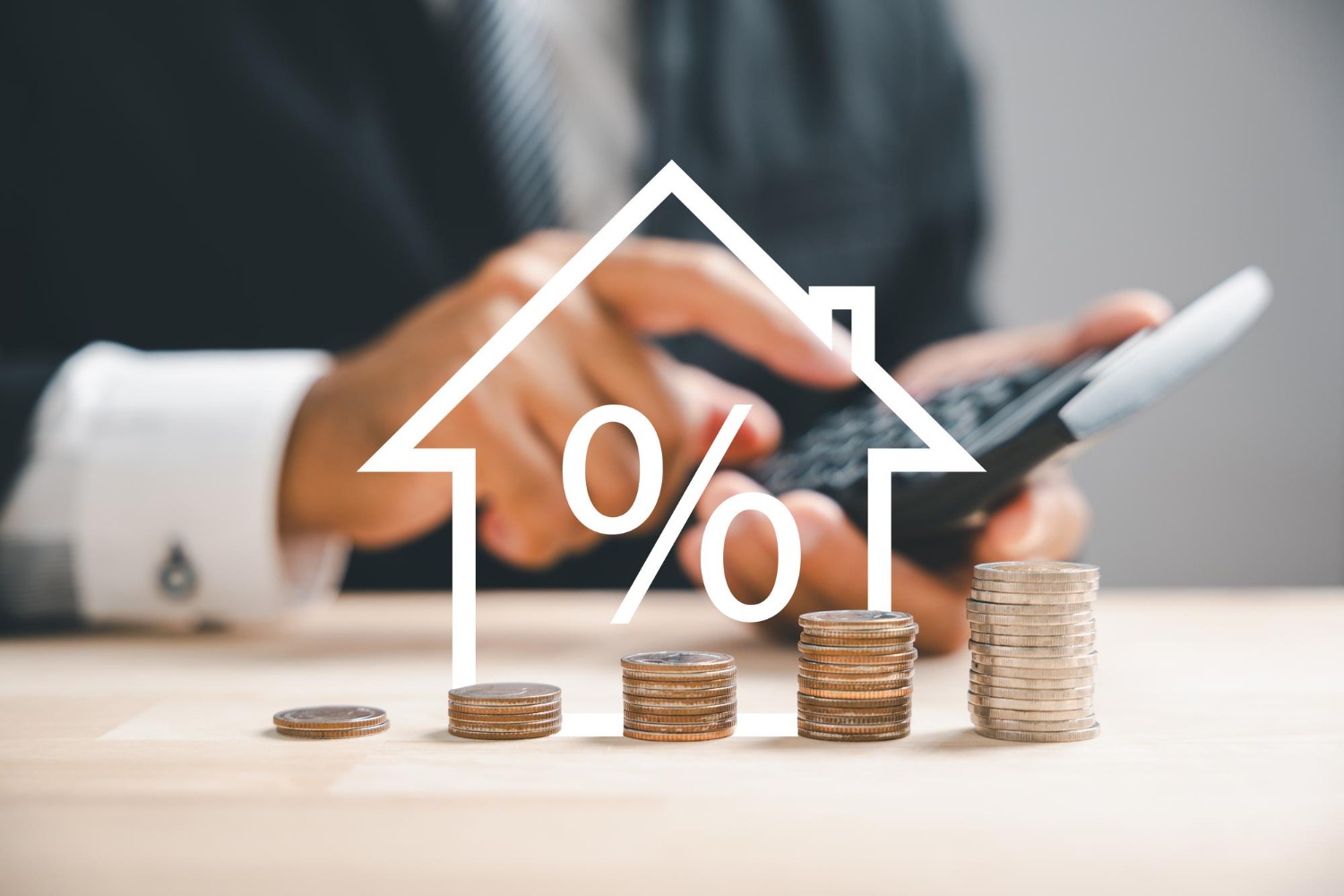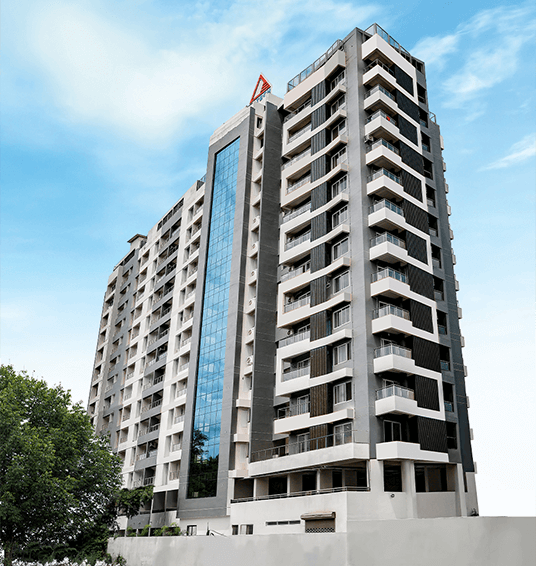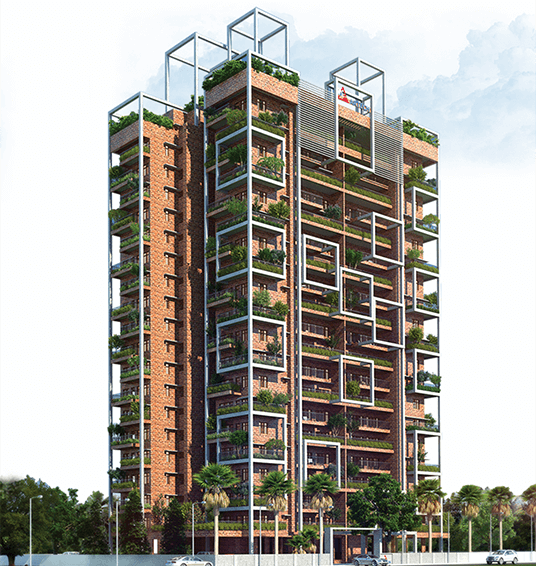
GST, the biggest tax reform since India’s independence, has started with a bang. GST is said to be the boon for all the industries like pharma, healthcare, insurance, banking, power, education, FMCG, textiles, and the real estate market as well.
The real estate market in India has been growing exponentially in the recent years and is expected to grow at 30% over the next decade. The residential segment alone contributes 5% to India’s GDP. Also, as per the data, until the year 2020, the market size of this sector will increase at a CAGR of 11%.
In spite of these positive figures, the market sentiment has recently taken a hit due to unfinished projects and large unsold inventories. However, the recent trends such as the introduction of RERA have already impacted this sector positively. Now, the question about how GST will affect this segment of the market has been on top of the mind of buyers and sellers alike.
The pros of GST on realty sector
According to financial experts, GST will cast a positive impact on the Indian real estate industry. Currently, the construction sector pays 12% to 18% tax which will now be charged at 18%. This may result in higher rates, but there is a brighter picture if we look at the gains from the input tax credit under GST rule, which was partially available pre-GST.
ITC or input tax credit is the greatest advantage brought in by GST. Now the consumer will be charged GST by the last dealer in a long supply chain that has various stages. Another good news for the consumer is that the government has included an ‘anti-profiteering clause’ in section 171 of GST bill which states that it is compulsory for the builders, developers and service providers to pass on the tax reduction benefit which they gain from input tax credit to the final customer.
Like other industries, GST will also help real estate industry by bringing transparency, minimising the unprincipled transactions, eliminating cascading tax structure, ease compliances by creating uniform tax structure and assist in decreasing severe additional tax burdens on customers.Many consumers have been unaware of how VAT and service tax is calculated as the tax calculation was too complicated for any layman. To them, GST comes as a huge relief.
RERA had already been taking care of the much-needed transparency and accountability, and now GST is going further to make the situation better. The property investors are also excited due to the transparent tax on the purchase price. The affordable housing sector will remain out of the GST impact like it was in the previous tax regime. The impact of GST on the Commercial Real Estate will be neutral because the existing service tax for commercial leases is 15% which under GST will be between 12% to 18%.
The real estate developers were also the victims of multiple taxes including central sales tax, excise duty, entry tax, etc. GST removes all of these. The increase in the prices of cement, iron rods, paint, etc. will get nullified by the decrease in the transportation and logistics costs in the single taxation system.
In a nutshell, GST may not result in reduced prices but a uniform, simplified, and a more transparent tax structure is going to benefit the realty sector of the country.












